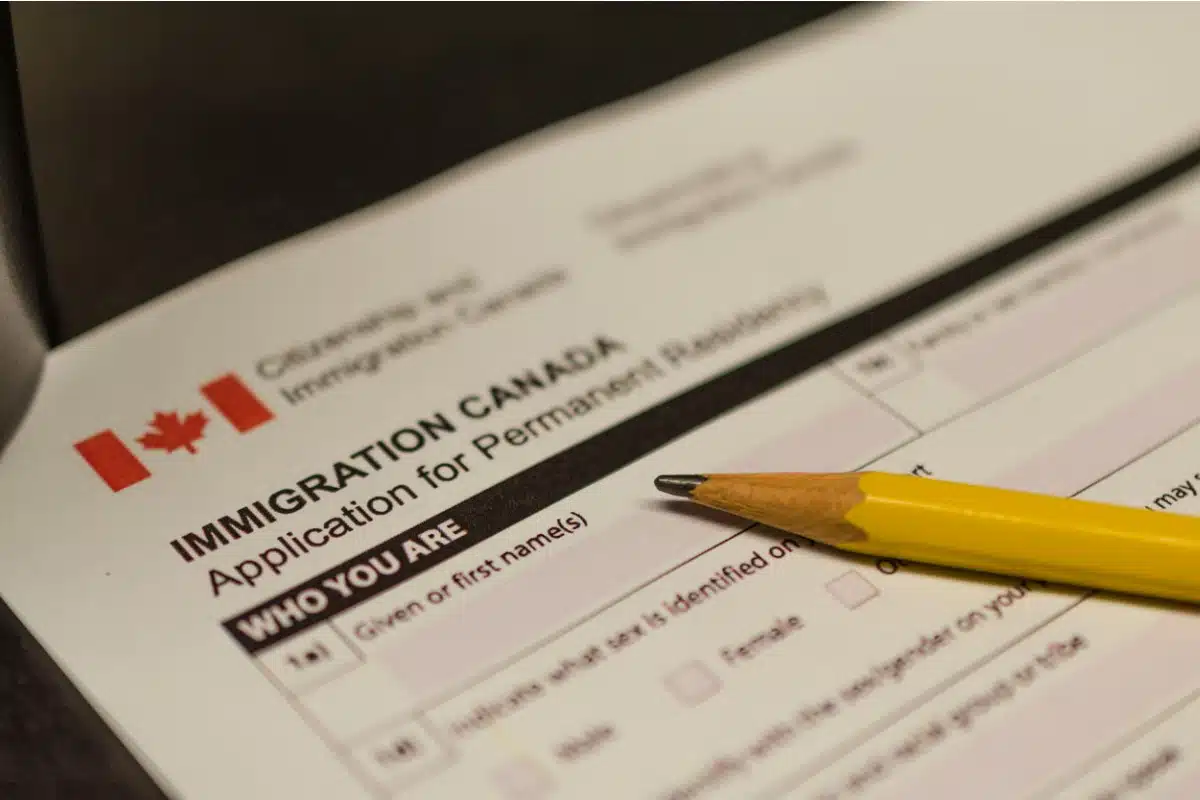Anticipated changes to Canada’s first-generation limit (FGL) to passing on Canadian citizenship have been delayed till at least August.
The FGL rule dictates that if a Canadian citizen who was born out-of-country, subsequently has a child outside of Canada, this child will not automatically receive citizenship from their parents.
Previously, Ontario’s Supreme Court ordered that the federal government amend the FGL rule within the Canadian Citizenship Act. The court ruled it as unconstitutional due to its creation of “a lesser class of citizenship”. At this time, the court imposed a deadline of June 19th, 2024, to implement a solution to this problem.
However, the federal government has now applied and received an extension from the Ontario Supreme Court. Solutions to the FGL issue will now be due on August 9th, 2024. This extension does contain further conditions.
Confirmed in a statement to CTV News, an Immigration Refugees and Citizenship Canada (IRCC) spokesperson stated that there would be a hearing on “August 1, 2024, to determine if an extension to December 2024 would be appropriate”. The Judge presiding over the case also asked to receive a report regarding progress towards implementing Bill C-71 since the initial ruling in May of this year; as well as “intended next steps to pass the bill by December 19, 2024.”
Bill C-71 is the proposed Act to amend Canada’s Citizenship Act to repeal the FGL rule implemented in 2009. If the Bill receives Royal Assent, it will grant citizenship to eligible foreign nationals whose parent(s) have a substantial connection to Canada and are impacted by the FGL. Substantial connection is determined by a Canadian parent born abroad accumulating at least 1,095 days (about 3 years) of physical presence in Canada, prior to the birth or adoption of their child.
With the House of Commons adjourned for summer break last week (until mid-September), it is very possible that FGL changes will be delayed until December of this year.
Changes already implemented
IRCC has, however, already implemented changes towards remedying the FGL rule, that can already grant foreign citizens Canadian citizenship.
These interim measures were introduced on May 30th and allow some eligible individuals who have applied for urgent processing of their citizenship application to be granted a “discretionary grant of citizenship” from the Immigration Minister—allowing them to become Canadian nationals.
These measures apply in two specific scenarios:
- Scenario One: The applicant has submitted a proof of citizenship application that would be subject to the FGL rule change, and has requested urgent processing in accordance with urgent processing criteria; or
- Scenario Two: The applicant has a proof of citizenship application in process and IRCC has identified that the application is impacted by the FGL rule. The application had previously been de-prioritized until new rules come into effect, but the applicant has since requested urgent processing.
To read more about these measures, and who is eligible for urgent processing of their citizenship application, click here.
The benefits of Canadian citizenship
In addition to being able to enter, live, work and settle in Canada as they please, Canadian citizens can vote and run for political office, hold dual citizenship with other eligible countries, and receive a Canadian passport—consistently ranked one of the strongest in the world.
While most of permanent residents do opt to receive Canadian citizenship, there is no legal requirement to do so—with a minority of permanent residents choosing to maintain their status at the cost of some of the rights and privileges afforded to Canadian nationals.
To find out more about Canadian citizenship—including how to apply for proof of citizenship—click here.

